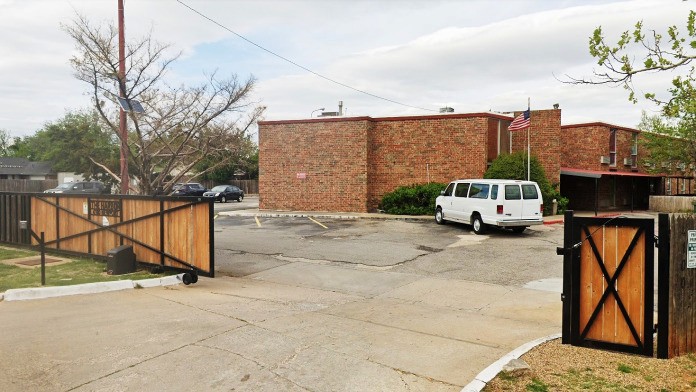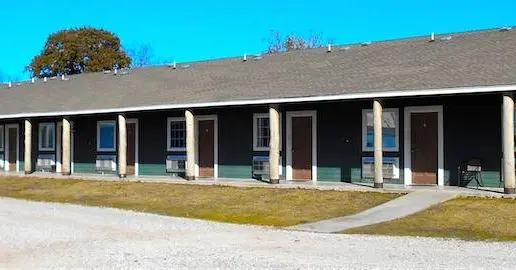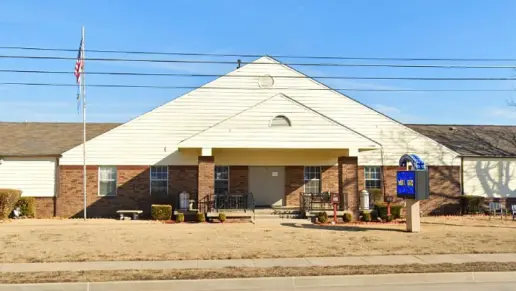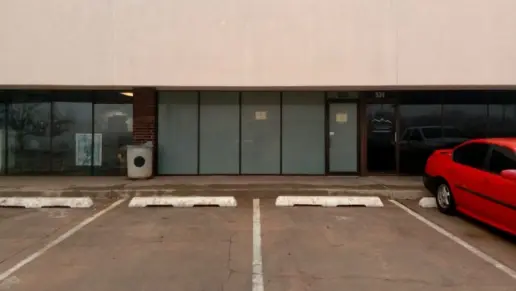This place is amazing, but like any other, it has things that it can continue to improve in order to provide a better service.
About The Harbor
Specialty rehab programs at The Harbor include gender-specific addiction treatment addressing unique challenges faced by men and age-appropriate treatment for teens addressing adolescent-specific issues.
 Payment Options
Payment Options
Private Insurance
Self-pay options
Sliding scale payment assistance
Medicare
Medicaid
 Levels of Care
Levels of Care
 Outpatient
Outpatient
Outpatient Programs (OP) are for those seeking mental rehab or drug rehab, but who also stay at home every night. The main difference between outpatient treatment (OP) and intensive outpatient treatment (IOP) lies in the amount of hours the patient spends at the facility. Most of the time an outpatient program is designed for someone who has completed an inpatient stay and is looking to continue their growth in recovery. Outpatient is not meant to be the starting point, it is commonly referred to as aftercare.
 Intensive Outpatient
Intensive Outpatient
Clients participating in an intensive outpatient program (IOP) receive frequent, high-level care while living at home. Many enter intensive outpatient treatment immediately after leaving inpatient rehab, but some transition directly from detox into IOP. Treatment generally involves nine to 20 therapeutic hours per week and a combination of addiction counseling, recovery-focused life skills training, and evidence-based complementary care. Many outpatient rehabs also offer medication assisted treatment (MAT) for clients with alcohol and/or opioid addiction.
 Aftercare
Aftercare
Clients enrolled in rehab aftercare programs have typically completed weeks or months of intensive treatment, often in inpatient detox and/or rehab centers, and may be receiving outpatient care. Drug rehab aftercare is designed to approach recovery as a life-long process. Clients and their case managers and care teams typically work together to formulate clients' continuing care plan, which may include peer coaching, career counseling, and 12 step program facilitation, among other services.
 Programs
Programs
 Adolescence program
Adolescence program
 Adult program
Adult program
 Program for men
Program for men
 Young adult Program
Young adult Program
 Settings & Amenities
Settings & Amenities
-
Private setting
 Treatment
Treatment
 Alcoholism
Alcoholism
People with alcoholism (also known as alcohol dependence or alcohol use disorder) do not have reliable control of their alcohol use. They experience withdrawal symptoms if drinking suddenly stops. Due to these symptoms, medical detox is often best for those who seek treatment for alcohol addiction. Once this supervised process is complete, alcohol rehab in Oklahoma can provide further treatment and follow-up for recovery.
 Drug Addiction
Drug Addiction
To address the issues of addiction, each drug rehab in Oklahoma is tailored to meet the individual's needs. Treatment may occur in a residential or outpatient setting, and may last from a few days to several months.
 Substance Abuse
Substance Abuse
Addiction treatment programs in Oklahoma help individuals to address substance abuse problems. With various programs available, including outpatient, inpatient, and partial hospitalization, you can find the right level of care. Typically, you can expect treatment programs to incorporate evidence-based therapies, such as cognitive-behavioral therapy (CBT), skills training, recovery meetings, and mindfulness-based therapy. When integrated, these therapeutic interventions can help you successfully overcome substance abuse and continue to enjoy long-term mental health.
 Clinical Services
Clinical Services
 Group Therapy
Group Therapy
Group therapy is any therapeutic work that happens in a group (not one-on-one). There are a number of different group therapy modalities, including support groups, experiential therapy, psycho-education, and more. Group therapy involves treatment as well as processing interaction between group members.
 Individual Therapy
Individual Therapy
In individual therapy, a patient meets one-on-one with a trained psychologist or counselor. Therapy is a pivotal part of effective substance abuse treatment, as it often covers root causes of addiction, including challenges faced by the patient in their social, family, and work/school life.
 Life Skills
Life Skills
Without proper life skills, it is difficult to build a path to a better future. Life skills training gives you the tools you need to gain control of daily life and face challenges head on. This makes life skills training a crucial part of recovery programs in Oklahoma.
 Experiential Therapy
Experiential Therapy
Experiential therapy is a form of therapy in which clients are encouraged to surface and work through subconscious issues by engaging in real-time experiences. Experiential therapy departs from traditional talk therapy by involving the body, and having clients engage in activities, movements, and physical and emotional expression. This can involve role-play or using props (which can include other people). Experiential therapy can help people process trauma, memories, and emotion quickly, deeply, and in a lasting fashion, leading to substantial and impactful healing.



